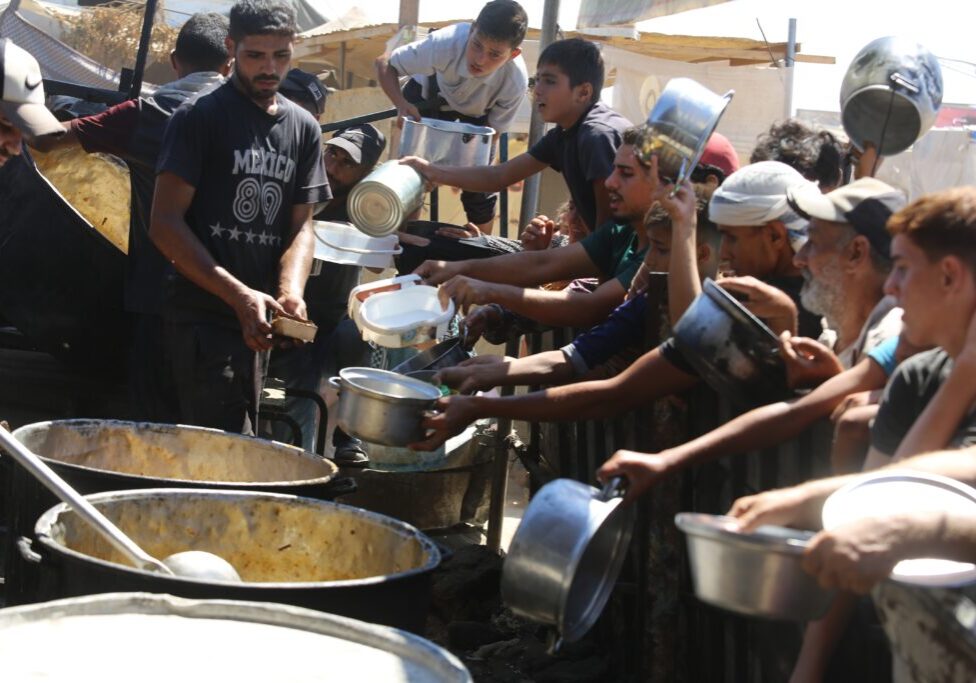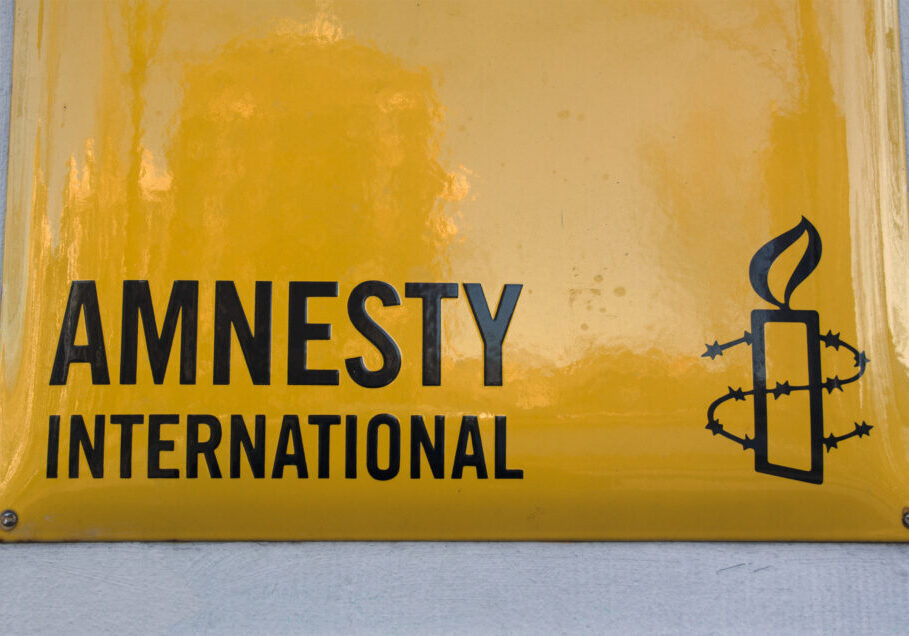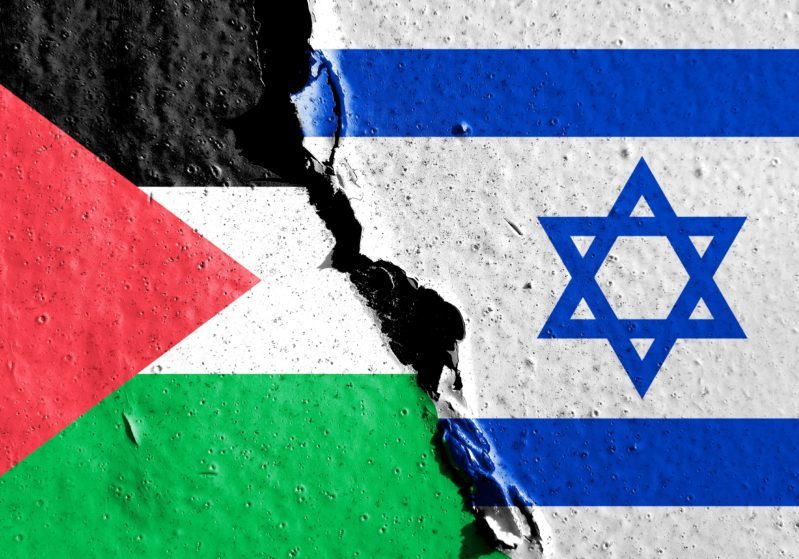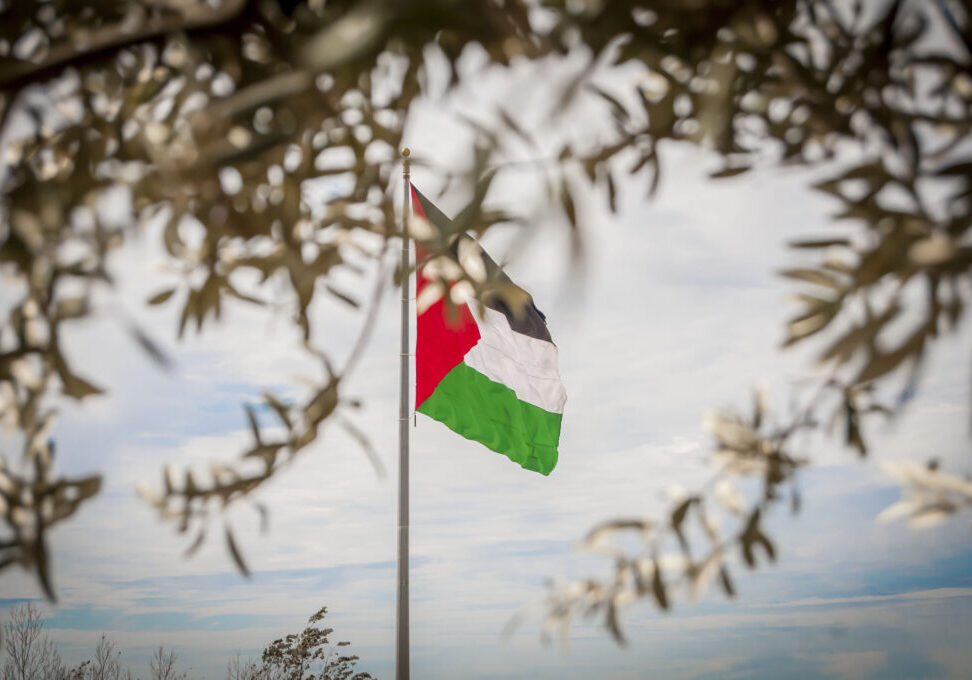Australia/Israel Review
Scribblings: Good News from Jerusalem
Mar 1, 2018 | Tzvi Fleischer
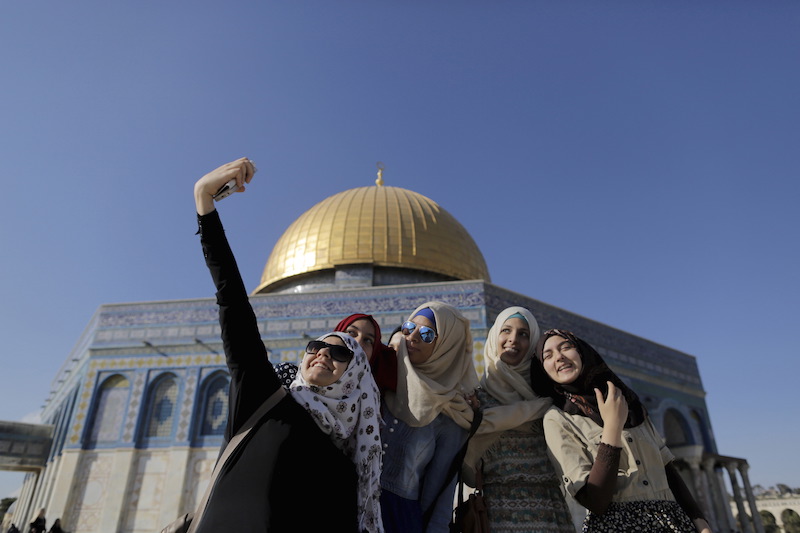
Here’s some good news from Jerusalem – according to a poll taken by Hebrew University, 60% of Palestinian residents of the city think that Palestinians should vote in municipal elections. Only 13% said they shouldn’t.
Why is this a big deal? In any normal situation, this would be completely unsurprising – you live in a city, you vote for its municipal government. But since 1967, when Israel gained control of the eastern portion of the city, there has been a comprehensive boycott of both mayoral and city council elections, pushed by all major Palestinian political parties on the grounds that no one should recognise the Israeli “occupation” of Jerusalem. Even today, all parties remain vehemently opposed to electoral participation and Palestinians who have sought to run for election have been violently attacked, forcing them to withdraw. Being publicly known to have voted also risks abuse, ostracism, or violence.
This intimidation has been highly effective and fewer than 1% of eligible Palestinians voted in the last municipal election in 2013.
Part of the effect of this reality is that, because Palestinians have effectively excluded themselves from a voice in government (and also mostly avoid paying municipal taxes), municipal services tend to be much worse in majority Arab than in majority Jewish neighbourhoods (though there are increasingly serious efforts to address these inequalities both on a municipal and national level). So perhaps it is not surprising that a majority of Palestinians want to have a say in the city and how its services are provided – even if they currently find they cannot due to the violent and well-organised anti-participation minority.
Yet I think there is more to it than that. It used to be a key contention among those arguing Israel should be willing to divide Jerusalem for the sake of a two-state peace to claim that the city is already effectively divided – with Jews seldom visiting predominantly Arab neighbourhoods and vice-versa. If this was perhaps true during the violent Intifada years, it is much less true today. While there remain Arab neighbourhoods in the city a Jewish resident would be foolish to enter unprotected (especially those beyond the separation barrier), the reverse is not true. Arab residents co-mingle pretty freely with Jewish residents on the city’s light rail system, in its parks and gardens, in its shopping malls, at the Hebrew University and in other public areas. But more than this, economic integration appears to be proceeding apace.
This is attested by a new article in the American magazine Bloomberg (Jan. 30), titled “Big Changes Are Reshaping Jerusalem”. It pointed out that today more Palestinian residents of Jerusalem are working in the predominantly Jewish areas of the city, or in other Jewish-majority towns, than are working in the Arab neighbourhoods in the east. Moreover, this trend is particularly strong among the younger generation.
Roa’a, a woman working in a clothing store in a west Jerusalem mall, explained in the Bloomberg article why she, and indeed everyone in her family, ended up working on what she called the “Israeli side”:
“I tried to work several times on the Arab side, but it didn’t work out… There were no benefits, my salary was always two months late. On the Israeli side you get paid more and receive all your benefits, and if they see you are working hard you get promoted.”
This trend also explains in large part why the wage gap between Jewish residents and Arab residents has been narrowing. While Arab residents earned an average of 58.5% of what Jewish residents earned in 2006, by 2015 it was 68.5%.
It also helps explain why the reaction among Jerusalem’s Arabs to US President Donald Trump’s announcement that he was recognising Jerusalem as Israel’s capital was much milder than many predicted.
Finally, economic realities also help explain another useful finding from that Hebrew University poll. Palestinian residents absolutely do not want to return to the situation that existed before 1967, where the city was divided and crossing between the two sides was very difficult. 96.6% of residents surveyed opposed that happening.
Admittedly, it is also not clear what Palestinians residents do want for the future – huge majorities also opposed both Israel keeping all of the city in its current boundaries or a Palestinian state annexing all the Arab majority neighbourhoods.
Yet regardless, what seems clear is that, for the younger generation at least, integration is simply a reality. Returning to the pre-1967 status quo ante of a divided city, as many seem to think is the obvious solution, is not only all but impossible, it is also not what the city’s Palestinian residents want.
Anti-Normalisation strikes again
In early February, a group of nine Arab journalists visited Israel – and the Palestinian Authority was not happy about it. The PA Ministry of Information said the visit was an “inexcusable and unjustified disgrace.” It said the Arab Journalists Union should take “punitive and deterring measures” against the journalists and their media outlets, and they should all also be placed on the Arab Boycott’s blacklist.
The visit, the Ministry complained, promoted “normalisation” between Arabs and Israel,” and moreover “constitutes a departure from the official and popular Arab position that considers Israel a state of occupation, racism, ethnic cleansing and extremism.”
The last statement, to me, epitomises the dead-end approach that has so often cost the Arabs, and especially the Palestinians, so much. The “official and popular Arab position” is that Israel is the essence of evil, and not only is no one allowed to question this position, no one, not even journalists, are allowed to see for themselves, because that would be “normalisation.” No wonder there is no peace.
Tags: Palestinians


